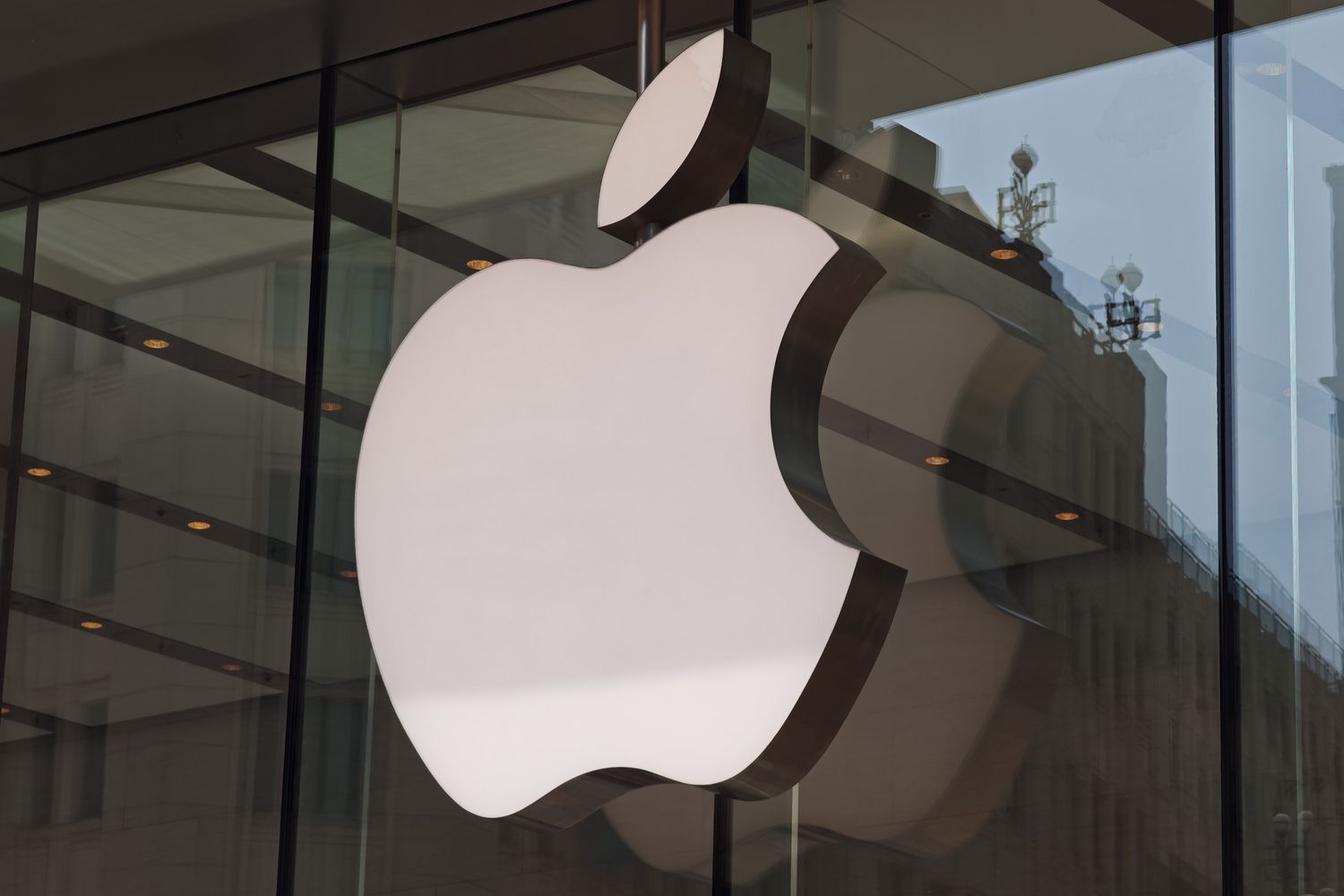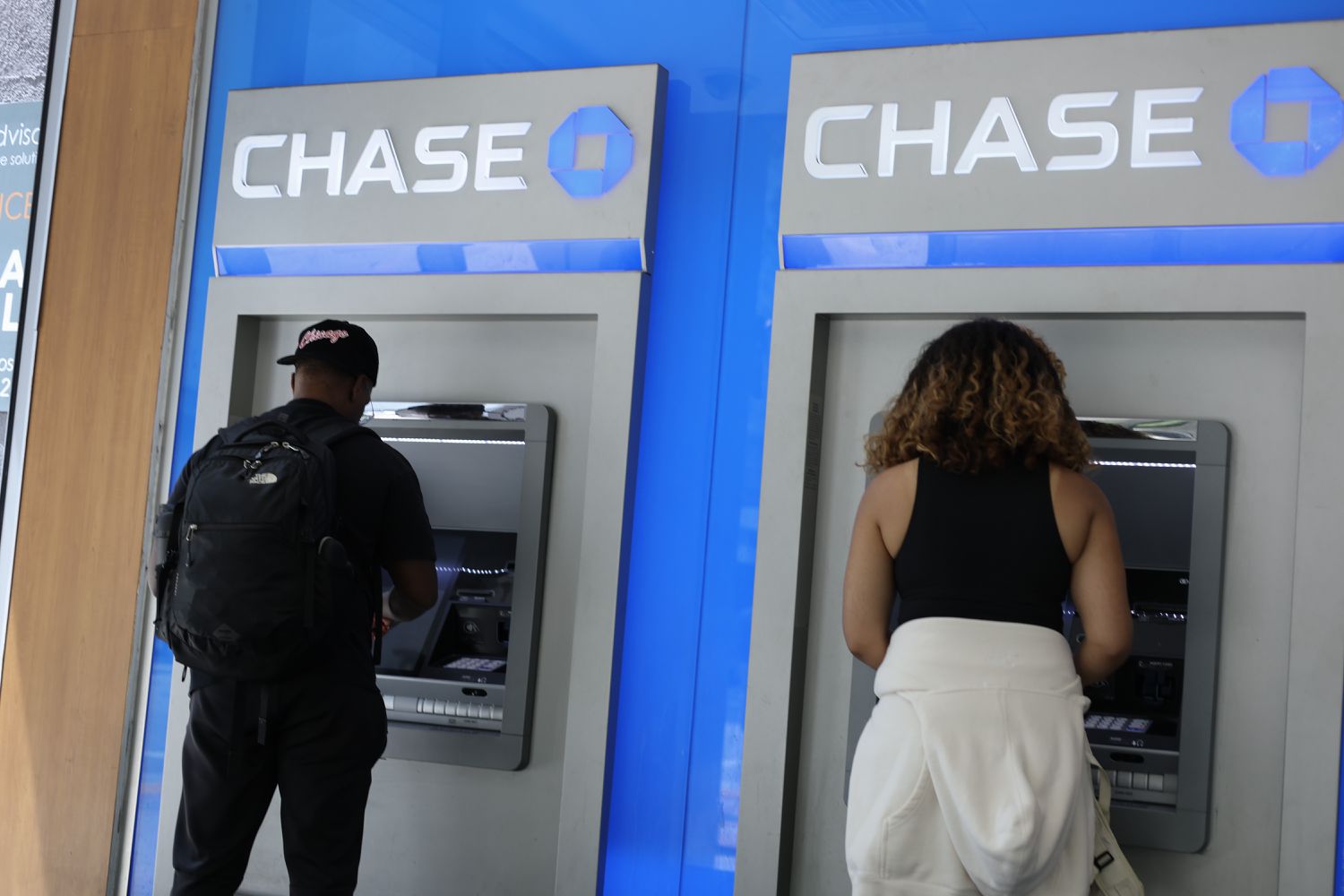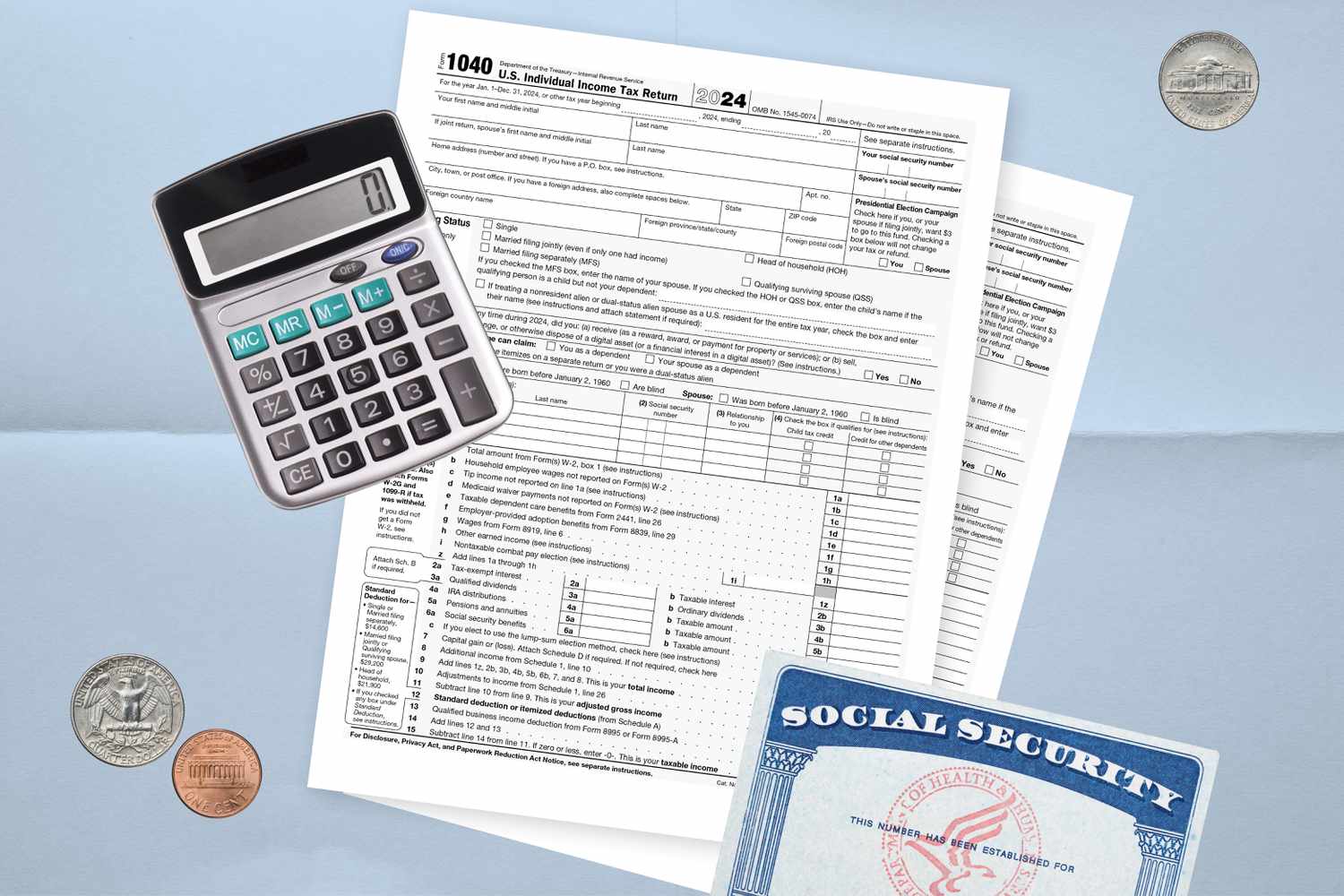Key Takeaways
- Congress passed a law last week overturning the Consumer Financial Protection Bureau’s $5 overdraft fee cap, which would have gone into effect in October.
- If President Donald Trump signs the law, the bureau’s rule will be scrapped.
- The bureau estimated that the law would have saved bank customers about $5 billion a year by reducing overdraft fees, which are typically around $35.
The next time you withdraw more money than is in your checking account, it could cost you about $35, or $5: it’s all up to whether President Donald Trump signs a bill passed by lawmakers last week.
The House of Representatives voted 217-211 last week to repeal a President Joe Biden-era rule created by the Consumer Financial Protection Bureau, which would have capped most bank overdraft fees at $5 starting in October. The measure, which passed the Senate last month, is now on the desk of Trump, who is expected to sign it into law, according to a report by the New York Times.
The overdraft fee limit was one of the bureau’s final rules created in the last days of the Biden administration. According to CFPB research, it would have saved consumers about $5 billion each year, or $225 for every household that paid overdraft fees.
Banks Cheer New Rule; Consumer Groups Are Displeased
The banking industry said the overdraft fee cap would have prompted banks to stop offering the service, while consumer groups said the regulation would have saved consumers billions.
Banks charge overdraft fees when customers attempt to withdraw more money from a checking account than they have. In such cases, banks can either deny the transaction or allow it to proceed but charge a fee, usually around $35, according to the bureau.
The Community Bankers Association, a trade group representing banks, argued overdraft services allowed customers to avoid more financially damaging alternatives when they were short on cash, such as payday loans or paying late fees on their bills. The group said the $5 limit would cause banks to stop offering the service altogether.
“We applaud the House for joining the Senate in voting to preserve consumer access to overdraft services by overturning the Biden-Chopra CFPB’s misguided rule to impose government price controls on this vital financial product,” CBA CEO Lindsey Johnson said in a statement.
Consumer groups said Congress’s rule helped banks that continue to charge overdraft fees at the expense of consumers, and noted many banks, including Capital One, Citibank, and Ally, have curtailed or eliminated their own overdraft fees in recent years.
“Republicans in Congress had a chance to put $5 billion back in the pockets of working people, including servicemembers, by dramatically cutting big bank overdraft fees,” Lauren Saunders, associate director of the National Consumer Law Center, said in a statement. “Instead, they sided with Wells Fargo, Chase, and Navy Federal Credit Union, allowing them to use abusive overdraft fees to pad their profit margins.”
Congressional Move Is the Latest Reversal for CFPB
The demise of the overdraft fee limit is one of many sharp reversals in consumer protection policy since the change of presidential administration.
Under Trump, the White House has moved to dismantle the CFPB completely, firing employees en masse and shutting down its operations. The fate of the bureau is currently in the hands of judges as a lawsuit by the bureau’s employee union makes its way through the courts.
This weekend, an appeals court ruled that the Trump administration could not eliminate the agency, at least for the time being. However, it could fire workers deemed unnecessary to carry out the bureau’s responsibilities as defined by the 2010 law establishing the agency.



















